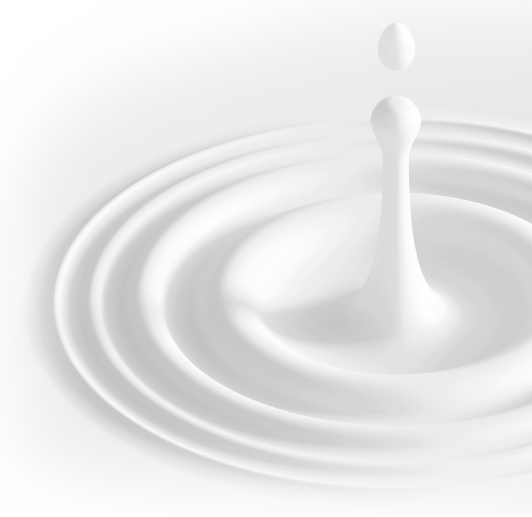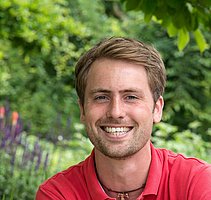Debating with the VIPs of science at the Lindau Nobel Laureate Meeting
One moment, you have Saul Perlmutter making vivid appeal for more education about the process of science. The next moment, Dan Shechtman recalls the moment he discovered quasiperiodic chrystals only to be facing more than a decade of opposition from the science establishment. You turn around and Wole Soyinka is debating the role of education in fighting Boko Haram in Nigeria. It is quite clear that you have to brace yourself for an overwhelming experience of debating science and its role in society with some of the brightest minds, when you participate in the Lindau Nobel Laureate Meeting. I was given the opportunity to be one of 650 young researchers from all over the world who took part in the Lindau Nobel Laureate Meeting 2015. We had the privilege to spend six days in the company of each other and 65 nobel laureates from the fields of Physics, Chemistry and Physiology/Medicine as well as Wole Soyinka (1986 Nobel Laureate for Literature) and Kailash Satyarthi (2014 Nobel Peace Prize Laureate).
As I am working and researching in the field of science education, it was particularly interesting for me to see how passionate many of the Nobel laureates as well as my fellow young researchers are about education. Dan Shechtman, for example, appears in a show for young children on the Israeli television called “Being a scientist with Professor Dan”. Saul Perlmutter takes his lead from Jane Austen and calls his lecture series for the general public “Sense and Sensibility and Science”. Many of the young researchers also try to find new ways of engaging people with science. A young physics PhD from UC Santa Barbara organizes summer courses for high school teachers, where they can get in touch with cutting-edge research. Another young researcher from Cologne wants to organize and film science slams on current topics like global warming and renewable energy where leading scientists explain their view of the issue for high school students.
Personally, I was especially proud to meet Martin Chalfie and Roger Tsien whose work on the green fluorescent protein (GFP) has inspired the Alfried Krupp School Lab project that RESOLV is offering for high school students at the Ruhr-University. It adds to the authenticity of the project that I can now report a personal meeting with these distinguished researchers. Altogether, I was keen throughout the meeting to listen to the ideas of the Nobel laureates and my fellow young researchers but also to offer my ideas and opinions to the discussions. I hope that other young researchers within RESOLV will be offered the opportunity to participate in this meeting during the years to come.
You can find a short interview with Christian Strippel on Lindau Meeting in the “Three questions for…” part of 2/2015 issue of RUBIN magazine.
————————————————————————————————————————————
About the author



